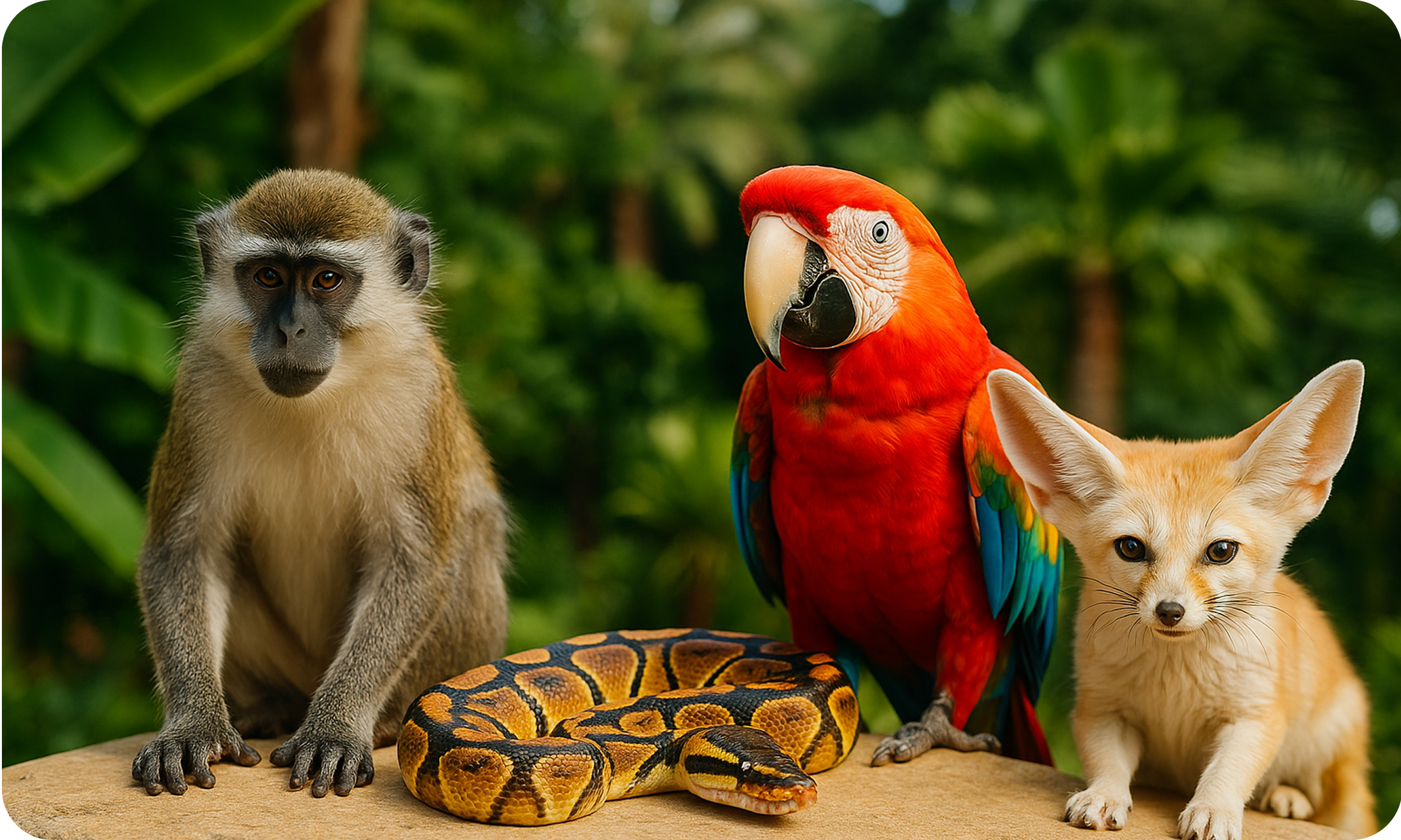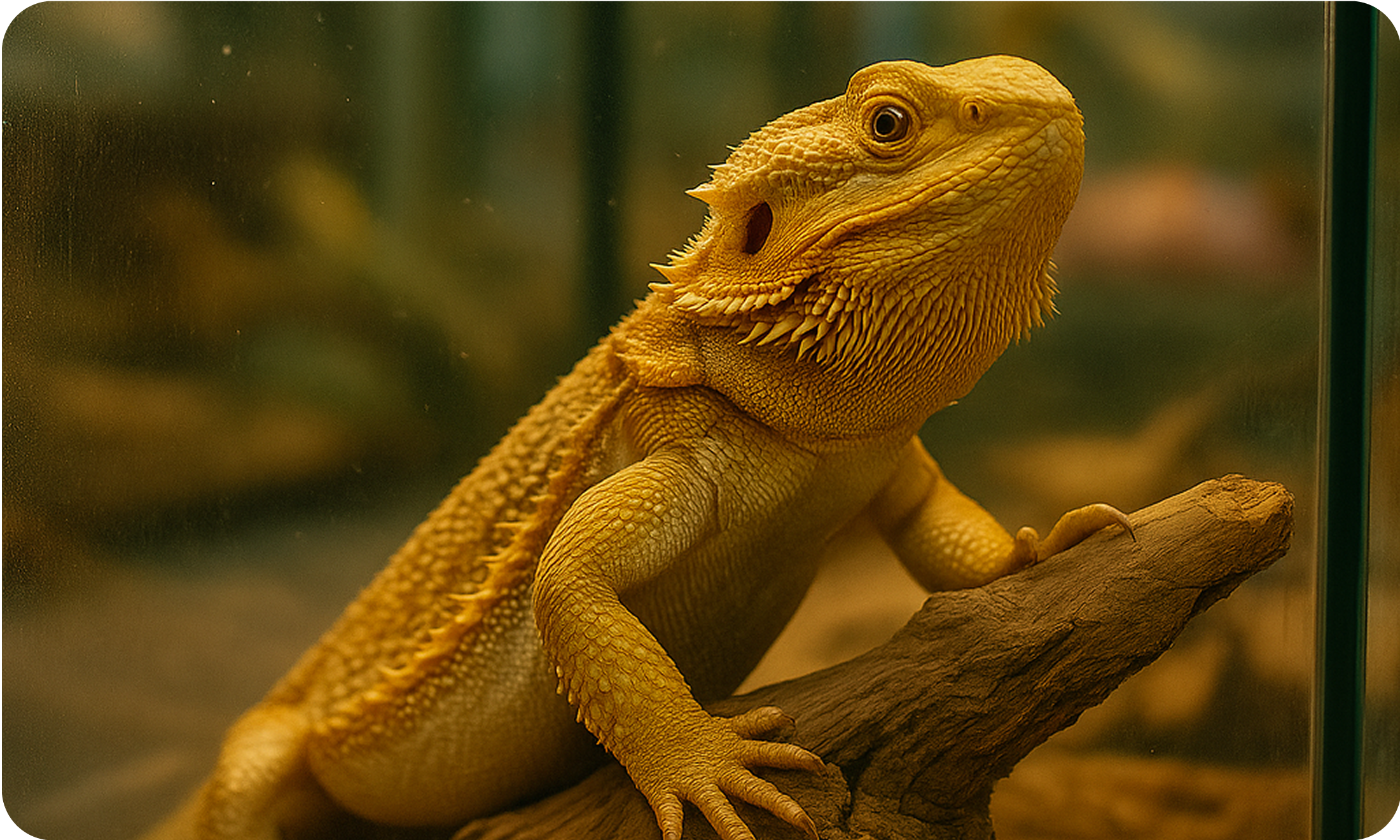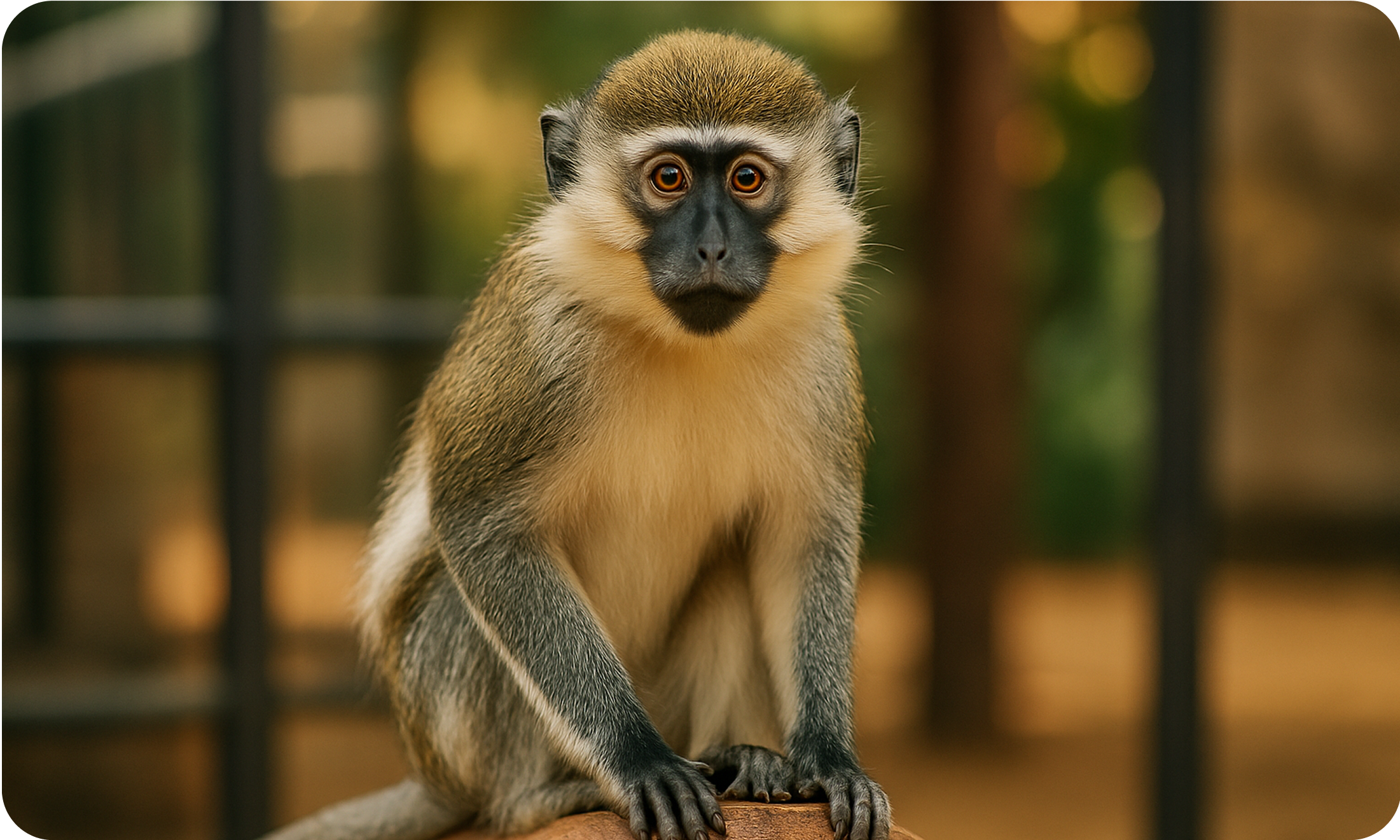Can I own a monkey in Dubai?
No. Monkeys are classified as exotic animals and are banned for personal ownership in the UAE. Only licensed zoos or institutions are allowed to keep them.
Is it legal to keep a snake in the UAE?
No. All snake species — including non-venomous types — are prohibited for private ownership. Importing or selling snakes is also illegal without special institutional licensing.
Are parrots legal in Dubai?
Yes, but only certain species. Non-endangered parrots (such as cockatiels or African greys) are generally allowed, but may require registration or licensing. Endangered species listed under CITES are restricted.
Can I keep a turtle as a pet in the UAE?
Yes, but only if the species is not endangered. Many common turtles are legal, but it’s your responsibility to confirm the species is not protected under UAE law or CITES regulations.
Are ferrets allowed in Dubai apartments?
Ferrets fall into a legal grey area. They’re not explicitly banned, but they are often treated as exotic animals by authorities. Ownership is risky and not recommended unless clarified by MOCCAE.
Can I apply for an exotic pet license as a private citizen?
No. The UAE does not issue exotic pet licenses to individuals. Permits are limited to institutions like zoos, conservation centers, and licensed falconers under strict regulations.
Is it legal to bring an exotic animal into the UAE for a short stay or layover?
No. Even transit or short-term possession of a banned animal can result in confiscation and fines. UAE customs strictly monitor all animal imports and exports.
What happens if I’m caught with a banned exotic pet in Dubai?
You may face a fine of up to AED 500,000, possible jail time, and immediate confiscation of the animal. Authorities have zero tolerance, even if the pet appears harmless or well cared for.




